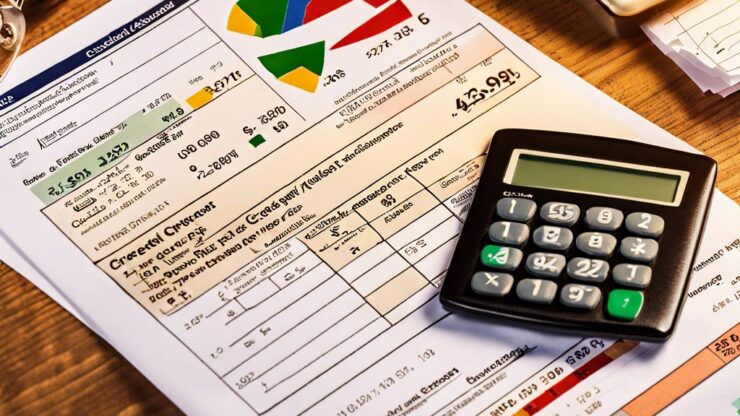How Debt Influences Your Credit Score
Debt plays a crucial role in shaping your credit report and ultimately your credit score. When you borrow money, whether through credit cards, student loans, or mortgages, the way you manage those debts can either improve or harm your credit standing. Understanding how different types of debt affect your credit is essential for anyone looking to maintain or enhance their financial health.
Tip: Regularly monitor your credit report to stay aware of how your debt is impacting your score.
The Types of Debt and Their Implications
Not all debt is created equal. Different types of debt can have varying effects on your credit report. Below is a summary of how various forms of debt impact your credit:
- Revolving Debt: This includes credit cards and lines of credit. High balances relative to your credit limit can significantly lower your score.
- Installment Debt: Loans such as mortgages or car loans are installment debts. These can be beneficial if paid on time, but missed payments can severely impact your score.
- Public Records and Collections: Debts that go to collections or result in bankruptcy can devastate your credit score for years.
Understanding the nuances between these types of debt can help you make informed decisions on borrowing and repayment strategies.
Strategies to Mitigate the Negative Impact of Debt
Managing debt effectively is crucial if you want to maintain a healthy credit score. Here are some actionable strategies to lessen the negative effects of debt on your credit report:
- Always make payments on time to avoid late fees and negative marks on your credit report.
- Keep your credit utilization ratio below 30% to show lenders that you can manage your credit responsibly.
- Consider consolidating high-interest debts into a lower-interest loan to simplify payments and reduce interest costs.
By implementing these strategies, you can take control of your debt and protect your credit score, paving the way for better financial opportunities in the future.
Disclaimer
This article has been created or edited with the support of artificial intelligence and is for informational purposes only. The information provided should not be considered investment advice. Please seek the support of a professional advisor before making any investment decisions.






